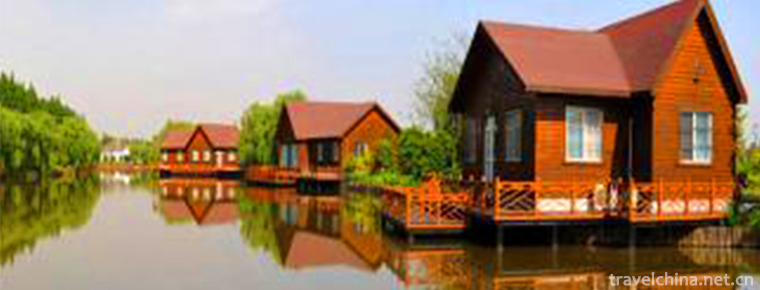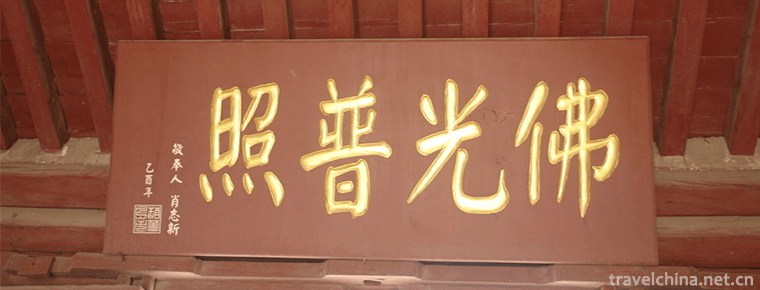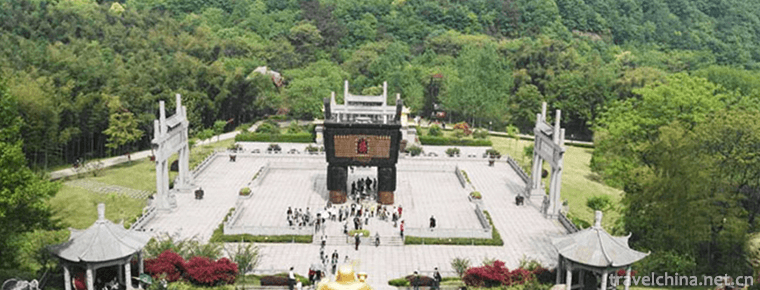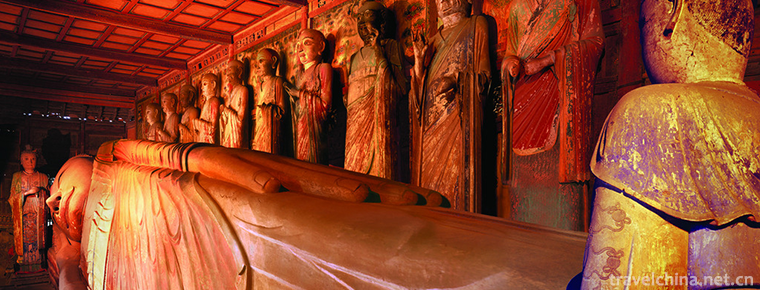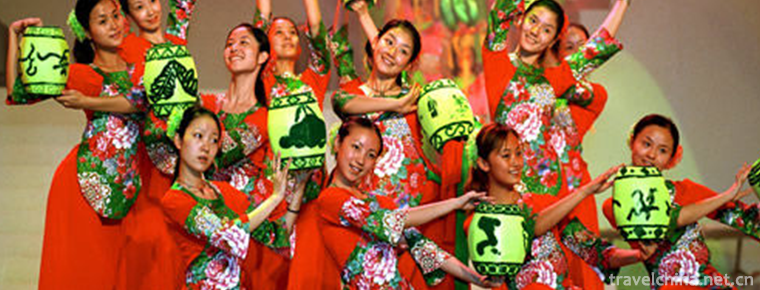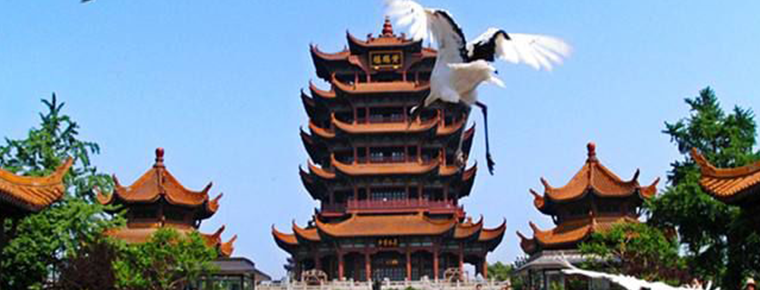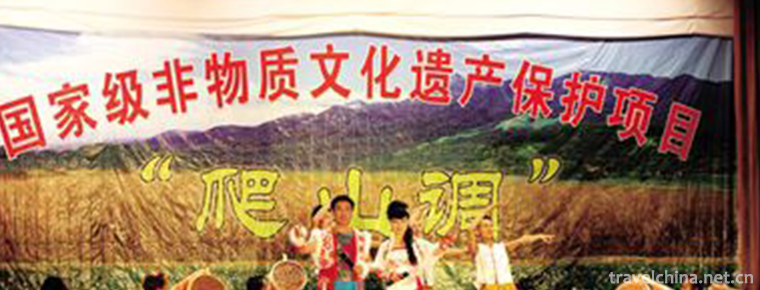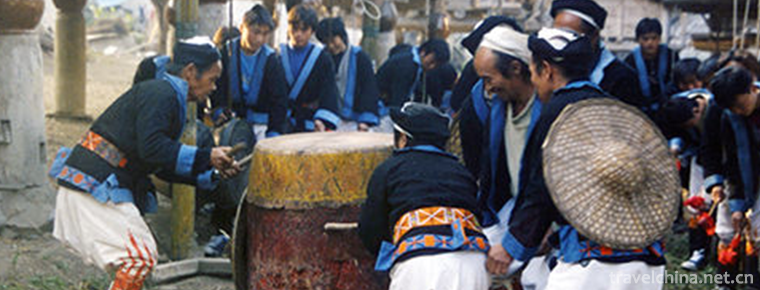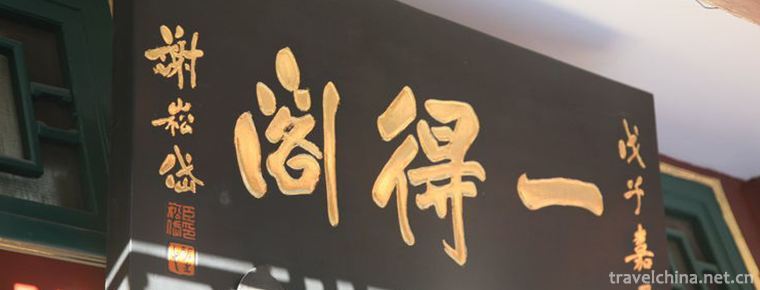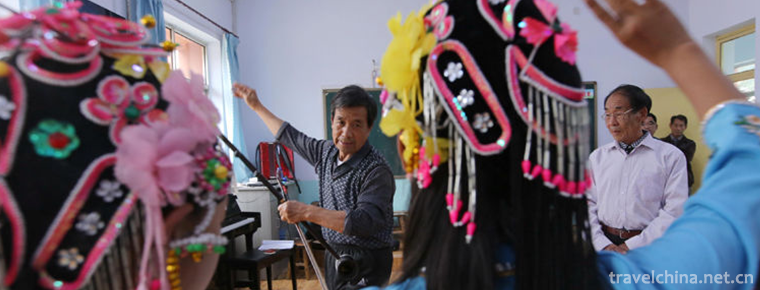Vinegar garden in East Lake
Donghu Vinegar Garden is located at No. 26 Madaobo between Dongshan Expressway and Jianbei Road in Taiyuan City. It covers an area of more than 20,000 square meters. Shanxi is most famous for its old vinegar. Donghu Vinegar Garden is the first company and factory Museum in Shanxi Province to dynamically display the production process of traditional and modern old vinegar and the historical and cultural connotation of old vinegar.
Development history
In 2004, Donghu Vinegar Garden, as the only tourism brand in brewing industry in China, was successfully registered as a national tourism trademark. Successful Registration of Tourism Trademark in "Donghu Vinegar Garden"
Shanxi Laocheng Vinegar Group Co., Ltd. established Donghu Vinegar Garden with the theme of Shanxi Laocheng Vinegar Culture. After being recognized as a national industrial and agricultural tourism demonstration scenic spot by the relevant parties, it was also approved to register tourist trademarks. This is the only vinegar cultural tourism park in China, and also the first registered vinegar Garden Tourism trademark in China.
Shanxi Laocheng Vinegar Group Co., Ltd. is a joint stock company established on the basis of Shanxi Laocheng Vinegar Factory. It mainly produces "Donghu" brand Shanxi Laocheng Vinegar. "Donghu" brand old vinegar is the inheritor and typical representative of Shanxi old vinegar history and culture. In 1998, for the sustainable development of Shanxi old vinegar, with this advantage, the company invested more than 1 million yuan and established "Donghu vinegar garden". "Donghu Vinegar Garden" condenses the cultural heritage and historical accumulation of Shanxi old vinegar. It shows the whole set of technology and the honor of "Donghu" brand of Shanxi old vinegar to tourists, and becomes a platform for domestic and foreign tourists to understand Shanxi old vinegar. So far, "Donghu Vinegar Garden" has established tourism cooperation with more than 170 domestic travel agencies or companies. By 2007, it has received 490,000 domestic and foreign tourists. At the same time, Donghu Vinegar Garden has been set up by Taiyuan Municipal Government as a project to invite investment from the community and carry out expansion and transformation of the park.
Among the 333 "first batch of industrial and agricultural tourism demonstration scenic spots" announced by the National Tourism Administration, Donghu vinegar garden is the only vinegar culture theme project and the only vinegar culture tourism park. The comprehensive registration of trademarks such as "Donghu Vinegar Garden" and "Yuanyuan" and "Yuanfang" is an effective way for enterprises to protect intellectual property rights, enabling enterprises to combat unfair competition by legal means, and also providing a platform for the world to understand Shanxi. As a registered trademark, the scope of protection covers not only tourism, but also vinegar culture exhibition and process operation performance.
Guo Junlu, general manager of Donghu Vinegar Garden, said that as a characteristic tourism, Donghu Vinegar Garden will develop chain operation in the future to let more people know and consume authentic Shanxi vinegar. According to estimates, after the renovation, the annual number of visitors to Donghu Vinegar Garden will rise to 300,000, and the direct economic benefit will reach 6.5 million yuan.
In 2005, after being recognized as a national demonstration scenic spot for industrial and agricultural tourism by relevant parties, the registration of tourism trademarks was granted. This is the only vinegar cultural tourism park in China, and also the first registered vinegar Garden Tourism trademark in China.
Tourism information
Bus: Take Bus No. 9 and No. 809 from Taiyuan to get off at Workers'New Village, and walk for 10 minutes to No. 26 Madaobo.
geographical environment
Donghu Vinegar Garden is located at No. 26 of the road slope between Dongshan Expressway and Jianbei Road in Taiyuan City, covering an area of more than 20,000 square meters.
Exhibition Hall and Vinegar Therapy Garden of Donghu Vinegar Garden. Various kinds of vinegar-making instruments, farming instruments and over 700 vinegar therapy prescriptions have been collected since the Western Han Dynasty. The historical and cultural details of Shanxi vinegar have been fully displayed in the form of ancient and modern utensils display, literature abstracts, photo portraits and product exhibition. Near the antique building Meihe Vinegar House, there is a sour and fragrant smell of old vinegar. Entering the vinegar workshop of Meihe residence with antique fragrance is like coming to the vinegar workshop of old age 500 years ago. The vinegar is fragrant, refreshing and full of vinegar, which is unforgettable. The production process and steps of "steaming, fermenting, smoking, showering and drying" vinegar in the workshop are all at a glance. Tourists can participate in some of the production process or enjoy the feeling of "Mian, sour, fragrant, sweet and fresh" of the vinegar.
Honor
Donghu Vinegar Garden is now known as "the first workshop of vinegar brewing in China". There are old vinegar and healthy vinegar healing garden and honor showroom of Donghu brand. There are projects such as the modern packaging process of Shanxi old vinegar. The park has formed a Historical Museum of vinegar culture, as well as a unique industrial tourism park. Since its opening in 2002, Donghu Vinegar Garden has received nearly 400,000 visitors, especially during the May 1st Golden Week in 2004, which has received 20,000 visitors. As a tourist product, the annual sales of "five-year-old vinegar" alone have reached more than 1.5 million yuan. More than 130 travel agencies in the province have established cooperative relations with them, while more than 40 travel agencies in Beijing, Hebei and other surrounding provinces and cities have become fixed partners. The East Lake Vinegar Garden has been reported in detail by the national television station of the United States and NHK television station of Japan and other domestic and foreign media.
Other information
The cordial care of national leaders
On July 4, 2009, Premier Wen Jiabao inspected Donghu Vinegar Garden in the pavilion of Shanxi Laochen Vinegar Group Factory. Wen Jiabao and the workers and masters of the vinegar factory sat around and asked with them for the upgrade of Shanxi's industrial structure.
Wen Jiabao knows Shanxi industry very well. He said that there are three major industries in Shanxi: one is the pillar industry with coal, coke, smelting and electricity as the main industry, the other is the traditional processing industry such as old vinegar, and the third is the emerging industry such as high-tech industry.
Wen Jiabao told the people present that the first type of pillar industries should integrate high-tech and information technology into them so as to make their technology content higher, products safer and reliable, and have higher quality and efficiency; the second type of traditional processing industries can also integrate new technologies to achieve large-scale production, while maintaining traditional culture. Emerging industries include new materials, new energy and energy-saving and environmental protection technologies.
In particular, he pointed out that the safety and quality of the old vinegar from Donghu Lake in Shanxi Province, Fenjiu from Xinghua Village, Zhuyeqing and other traditional food industries must be put in the first place. If an enterprise wants to be sustainable and able to stand, it must be honest and of good quality. It depends on its real ability to break into the market.
In 2009, Jia Qinglin, the Standing Committee of the Political Bureau of the CPC Central Committee and Chairman of the CPPCC National Committee, also visited Donghu Vinegar Garden. In addition, Donghu Vinegar Garden also received Bo Xilai and other leading comrades.
Social celebrities
Since the opening of Donghu Vinegar Garden, many celebrities have been received.
Shooters Xu Haifeng and Tao Luna
Crosstalk actor Jiang Kun
Directors Wu Yigong and Hu Mei (then based on this prototype, directed the 28-episode TV series "Jinyang Old Vinegar Square")
Actors Cui Jie, Ma Qiang, Jin Xin, etc.
Zhou Ping, former vice-minister of the Ministry of Culture and director of the National Library, Zhang Yafang, Director of Personnel Department of the Ministry of Culture, Zhao Wen, Director of Finance Department of the Ministry of Culture, Zhou Guanglian, Deputy Director of Public Culture Department of the Ministry of Culture, etc.
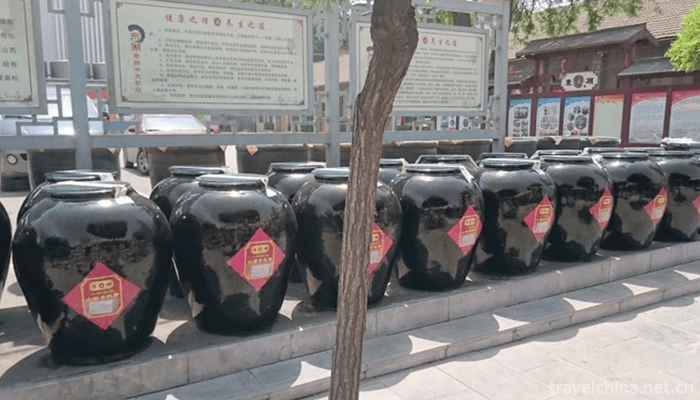
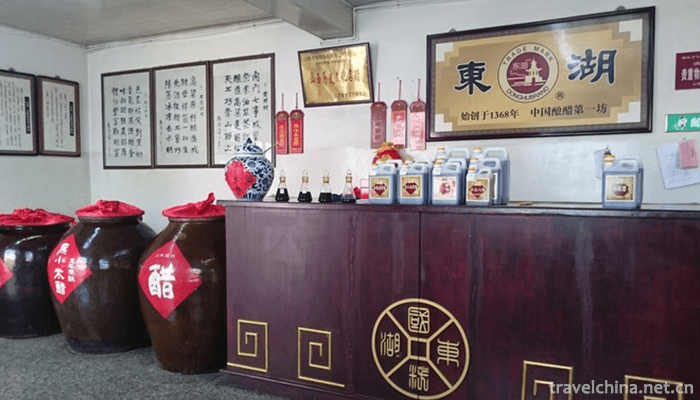
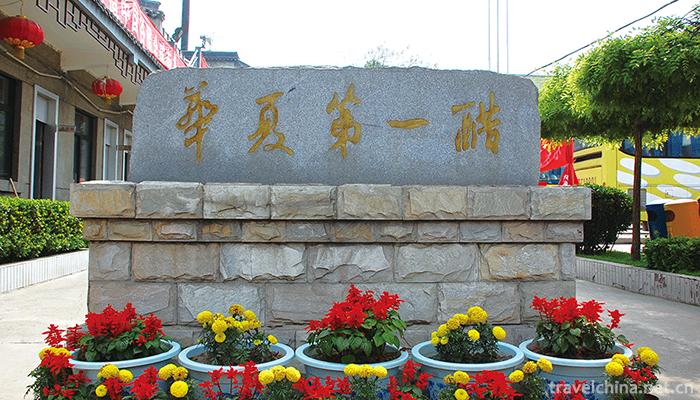
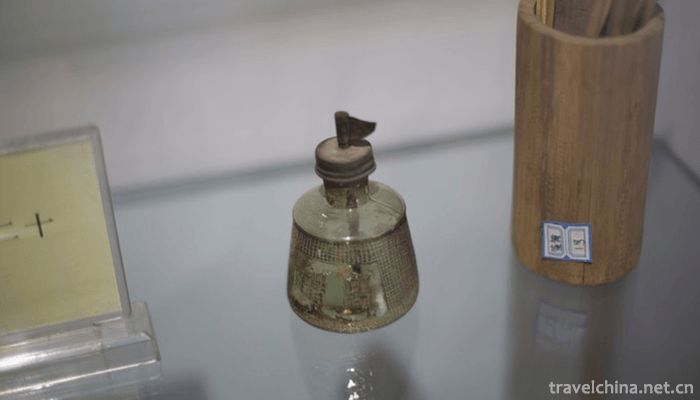
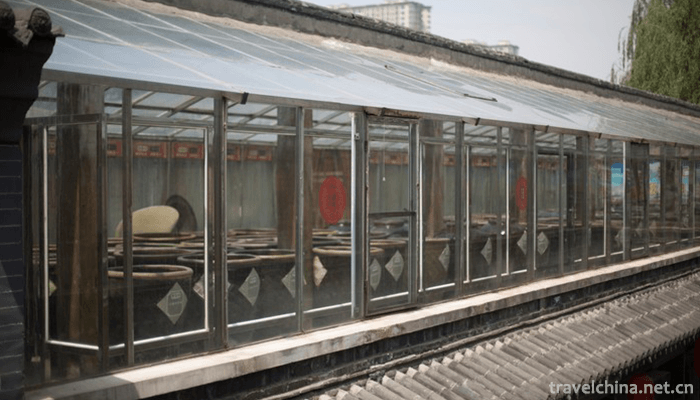
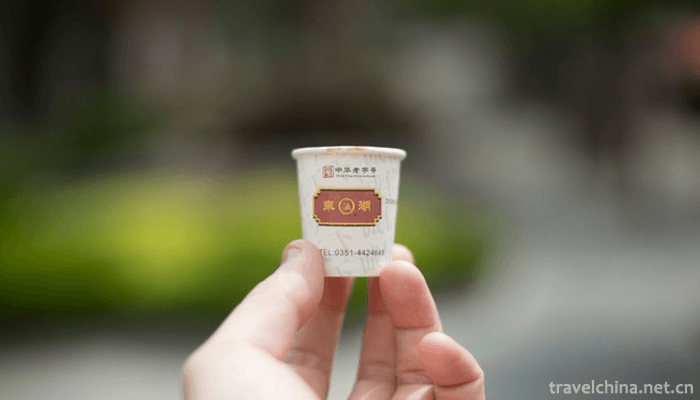
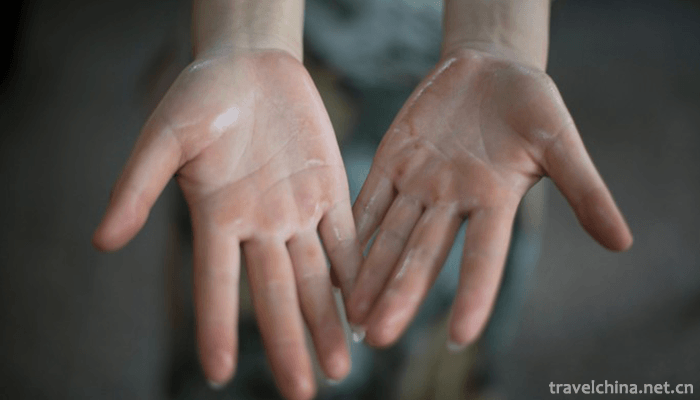
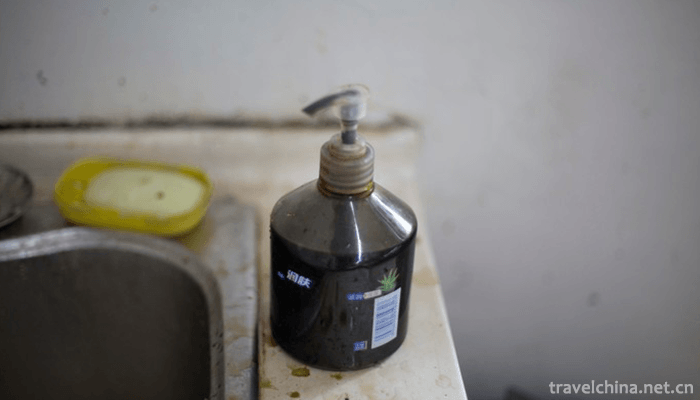
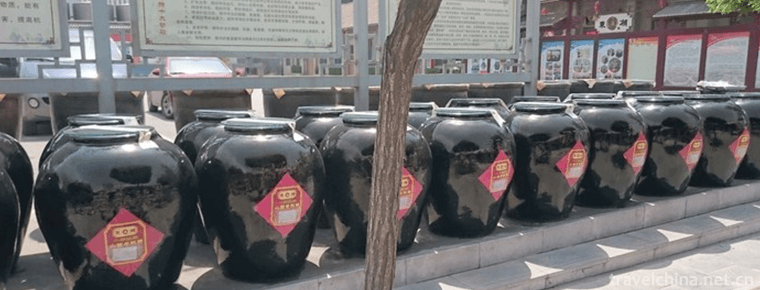
Vinegar garden in East Lake
-
Qianwei ecological village
Qianwei Village is located in the middle of Chongming Island, 23 kilometers away from Nanmen Port, close to Dongping Forest Park. Once a desolate and silent village, now it has both urban scenery and
Views: 311 Time 2018-12-26 -
Feng Guo Temple
Fengguo Temple is located in Yixian County, Jinzhou City, Liaoning Province, China. It was founded in the ninth year of Kaitai, Liaoning Province (1020). It was first named Xianxi Temple and later cha
Views: 172 Time 2019-01-12 -
Malenqi Peak Forest Tourist Area
Located at the junction of Tongling, Nanling and Fanchang counties on the South Bank of the Yangtze River, Maren Qifeng scenic spot is located in the middle of the southern Anhui tourism belt
Views: 222 Time 2019-02-06 -
Zhangye Great Buddhist Temple
The Great Buddha Temple was built in the first year of Yongan, Xia Dynasty (1098), formerly known as the Kaye Tathagata Temple, in the ninth year of Yongle, Ming Dynasty (1411), and in the seventeenth
Views: 263 Time 2019-03-16 -
Lantern Dance
Lantern dance is a Chinese folk dance with a long history. It has been performed mainly on Lantern Festival for at least 1,000 years. Lantern dance originated from Lantern Festival and its production
Views: 1589 Time 2019-04-26 -
Legend of Yellow Crane Tower
The legend of the Yellow Crane Tower has a long history, and has been accompanied by the repeated destruction and construction of the Yellow Crane Tower
Views: 148 Time 2019-05-04 -
A tune of mountain climbing
Mountain climbing tune, also known as mountain climbing song and mountain song, is a traditional short-tune folk song popular in the agricultural and semi-agricultural and semi-pastoral areas of centr
Views: 213 Time 2019-06-08 -
Monkey Drum Encouragement of Yao Nationality
"Monkey Drum Dance of Yao Nationality" is called "Jiuglang" in Yao language. It is popular among Baiku Yao people in Yaoshan. "Monkey Drum Encouragement" is performed in
Views: 147 Time 2019-07-11 -
Yidege Ink Making Skills
Yidege is a local traditional handicraft in Beijing. It is well-known for producing ink. The products have bright ink, rich and light colors, fluent writing, moderate concentration, strong fragrance,
Views: 219 Time 2019-07-11 -
Parrot Opera
Parrot Opera, which originated in the reign of Qianlong in Qing Dynasty, inherited in Shanghe Village, Linzi District, Zibo City, Shandong Province, and is one of the national intangible cultural heri
Views: 187 Time 2019-07-25 -
Capital Medical University
Capital Medical University (Capital Medical University), known as the first Medical University, is jointly established by the Beijing Municipal People's government, the national health and Health Comm
Views: 160 Time 2019-11-26

